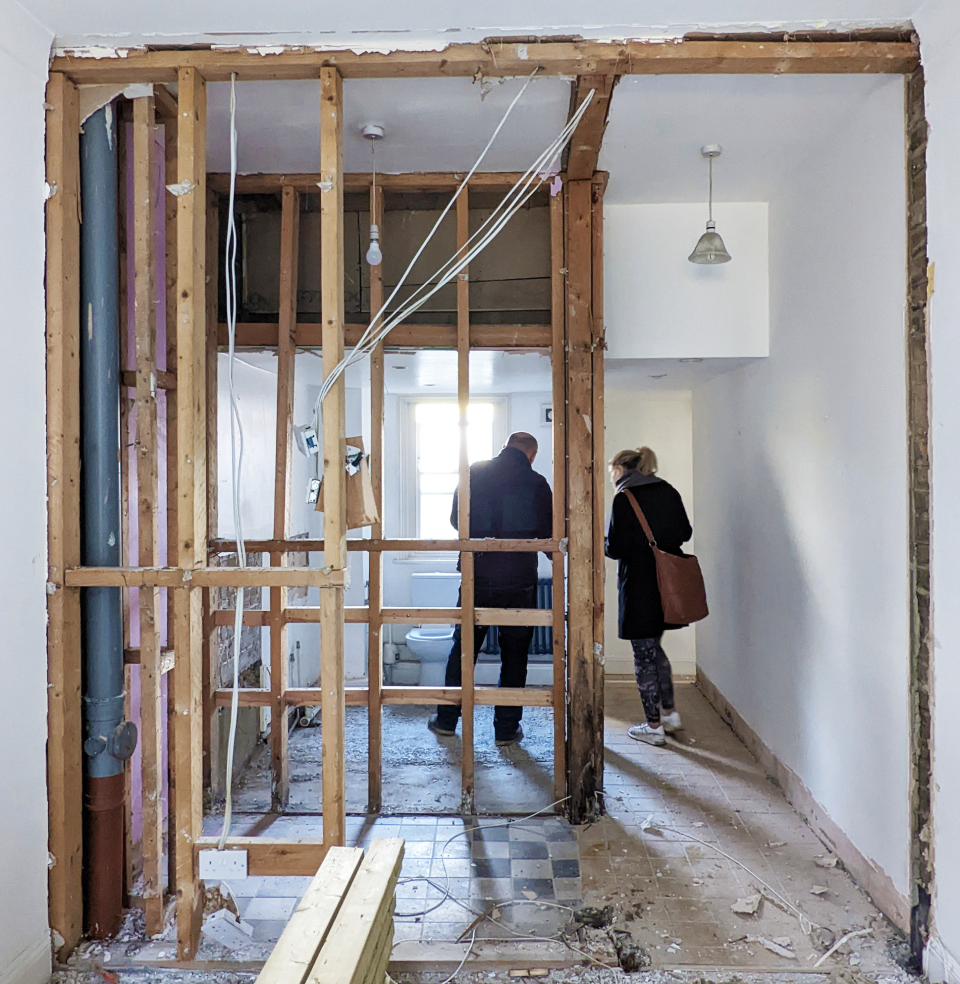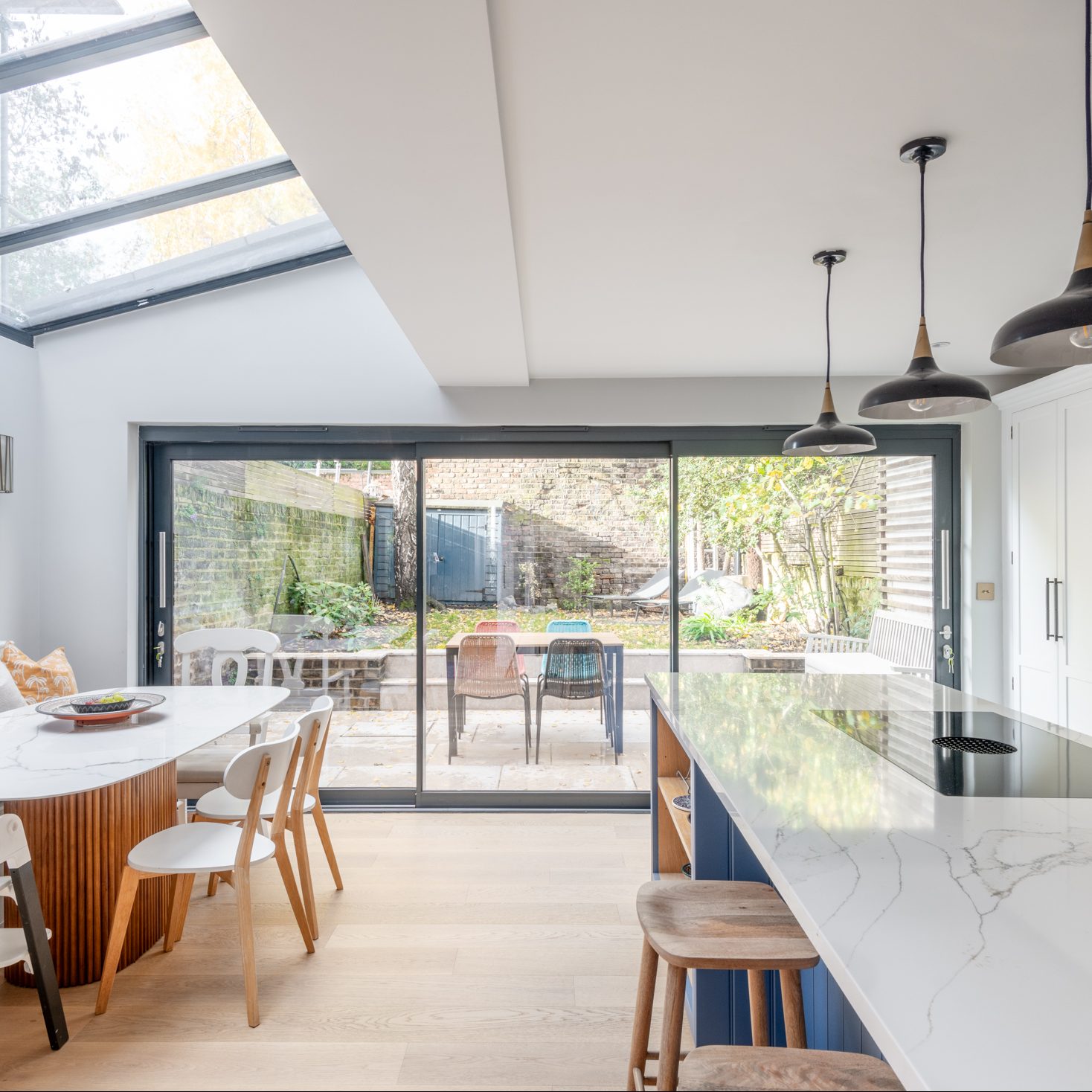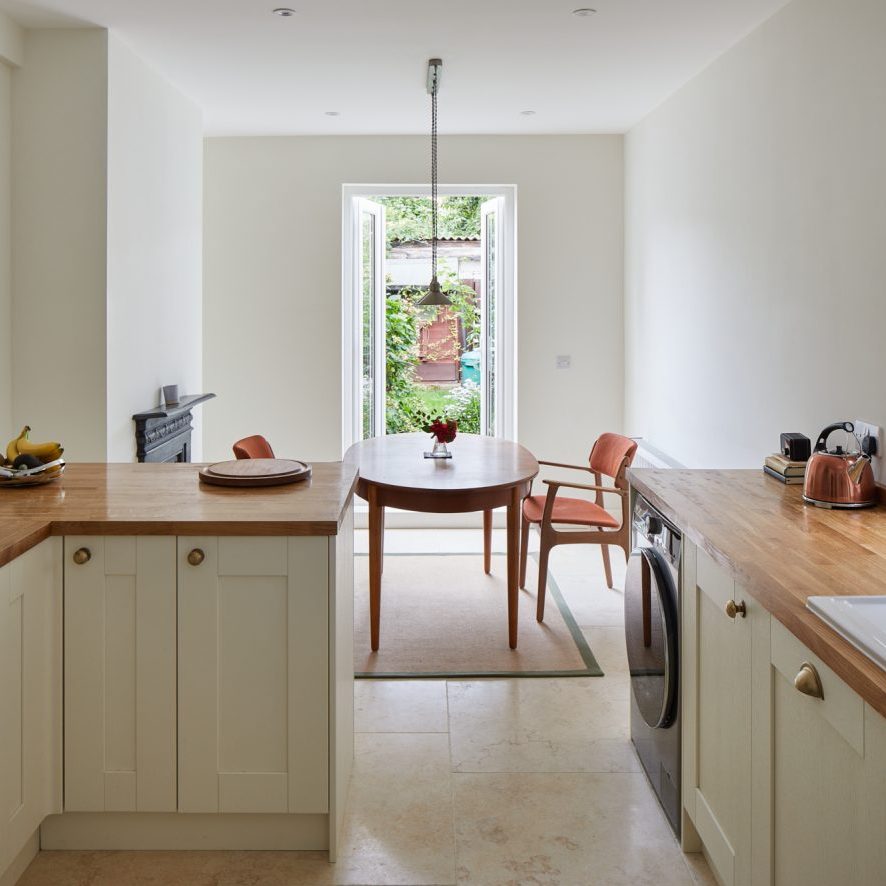Effective Budgeting: The Power of Research

By Harry Molyneux, Director at My-architect, London
Budgeting for high-end home projects is not merely a matter of numbers; it’s an art that requires foresight, understanding, and above all, research. As luxury homeowners gear up to invest significant sums, often exceeding £100k, in renovations or extensions, the importance of meticulous research becomes even more paramount. The journey from envisioning a dream space to realising it hinges largely on the budget’s accuracy. Here, we explore the transformative power of research in effective budgeting.
1. Understanding the Market
Every region, neighbourhood, and indeed every street can differ in terms of labour rates, material costs, and contractor fees. Therefore, calculating costs isn’t a one-size-fits-all affair. Before setting a budget, homeowners must research to grasp the specific economic landscape they’re operating within. This understanding ensures that the allocated budget is not only realistic but also reflective of current market conditions. We often advise homeowners to speak with estate agents to gain a better understanding of the ceiling prices in the area and the market conditions / outlook over the next 6-18 months.
2. The Role of Digital Tools
Digital advancement has bestowed homeowners with a myriad of tools to aid in budget planning. One such invaluable asset is a cost calculator. These online tools can provide an approximate estimate for various projects, from home renovation costs to loft conversion costs. By inputting specific data, homeowners can get a preliminary idea of potential expenses, acting as a foundation upon which a more detailed budget can be built.
3. Deep Dive into Specific Costs
While initial estimates provide a broad picture, a successful budget drills down into the details. Researching the nuances of different project components helps to refine the budget. For instance, home extension costs can be broken down into foundational work, structural modifications, roofing, and interiors. Each segment requires its own budget allocation, and thorough research ensures that funds are distributed judiciously. We strongly advise that a thorough scope of works is prepared with a quantity surveyor or architect before embarking on any project costing over £50k.
4. Gleaning Insights from Past Projects
Past projects, especially those in proximity or similarity to one’s own, can be treasure troves of information. Studying these projects can offer insights into potential challenges, effective solutions, and realistic cost benchmarks. Conversations with homeowners who have undertaken similar ventures can also prove enlightening. They can offer recommendations, share their experiences with contractors, and even provide tips on potential cost-saving measures. At My-architect we complete about 100 projects a year throughout London, so are able to provide you with a myriad of project types for benchmarking your project against.
5. Preparing for Contingencies
It’s an age-old adage in the world of renovations and extensions: expect the unexpected. Delays, unforeseen structural challenges, or changes in design can affect costs. Research can help homeowners identify common pitfalls or challenges in similar projects. With this knowledge in hand, they can set aside a contingency fund, ensuring that surprises don’t result in budgetary overflows.
In Conclusion
The task of transforming a space, be it through an extension, a renovation, or a loft conversion, is as exhilarating as it is challenging. However, the journey can be significantly smoother with a well-researched and effectively planned budget. As homeowners look to realise their dream spaces, they must harness the power of research. Doing so not only safeguards their financial interests but also ensures a more seamless and satisfying project execution.
For the discerning homeowner, remember that behind every successful home project lies a foundation of meticulous research and planning. Embrace it, and watch your vision come to life within the confines of a well-structured budget.




